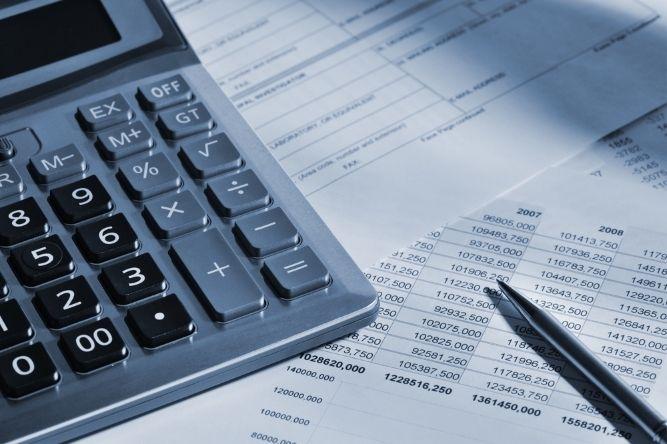It’s becoming more and more rare to use actual books for your accounting – almost everyone has gone digital (it’s a lot easier that way). Nonetheless, the phrase “close the books” remains – in the same way, we say “hang up our phones” or “dial a number”, though places to hang your receiver and phone dials are both long gone.
So what does closing the books mean, and how is it done? Let’s find out:
The proverbial books
To understand what it means to close the books, we first have to understand what the books are. They’re records of financial transactions – how often you’ll close them depends on the nature of your business – it may occur once a month, once a quarter, or even once a year.
Why we close the books
Closing the books, then, is the process of ending any recording in a given financial record. An example may help: at the end of October, 2021, a company that closes its books monthly wants to stop recording financial transactions for October. That makes perfect sense – how can they record October transactions in the month of November?
By closing the books after a given period, companies get a snapshot of a moment in time. When you close the books, it’s much easier to accurately compare performance over certain periods and perform accounting actions like remitting taxes.
Accrual accounting is one of the reasons closing the books is so important. To make a long story short, accrual accounting records transactions before cash changes hands. For example, if you render $1000 worth of services to a client, but they pay their bill 2 weeks later, the $1000 will go into accounts receivable when the services are rendered, not when the bill is paid 2 weeks later.
This can mean the rendering of the service and the payment of the bill end up occurring during 2 different accounting periods. Closing the books can help you stop payments from being recorded in the wrong period.
How to close the books
The exact techniques used to close the books fall outside of the scope of this article, but here’s the short version:
When the books are closed, all debits and credits should add up to zero. Net income should be transferred into retained earnings. A number of mechanisms are used to ensure that the final balance is accurate. If it’s not, the book cannot be closed, and your accountant or bookkeeper will try to figure out why there’s a discrepancy.
Now you know a little bit more about what it means to close the books – it might not be as exciting as finishing your favourite new novel, but it is an important part of accounting. If you’re looking for an accountant in Winnipeg – get in touch with us!

